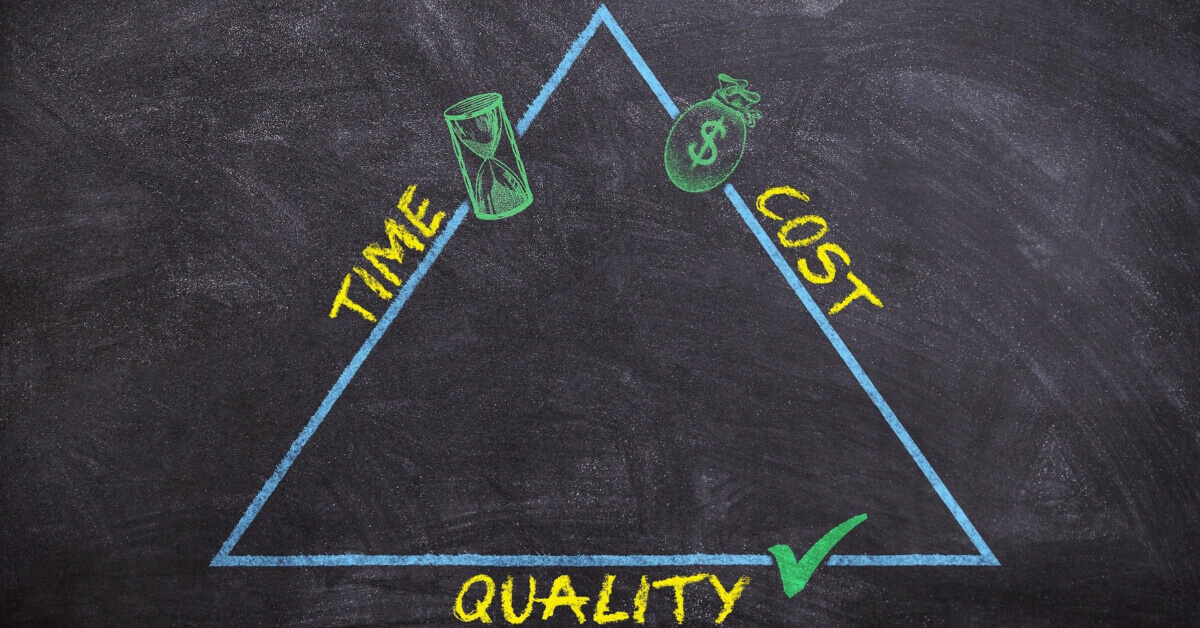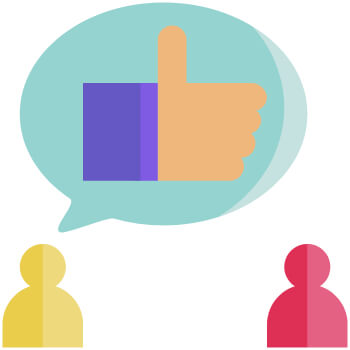3 Tips To Boost Productivity And Focus

We live in an era of information overload. We are bombarded with media, technology, entertainment, and notifications every day. It seems there are hundreds of people and things competing for your attention at any given time. There is no wonder why in the last few years, our attention spans have become shorter and our ability to focus has decreased.
Your time is valuable. Not being able to focus can have a negative effect on how successful we are at work and in our personal lives. Focus is a skill that we develop by training and practice. Productivity requires intention and strategy to help make your time work for you!
Let’s begin by examining some productivity maximizers that make us more productive. We will discuss tips and techniques to help improve your focus. Then let’s look at how holding yourself accountable can help you to improve your productivity today! Finally, we’ll look at how you can start to set time limits on projects to keep you on track.
Productivity Maximizers

Hacking your mind to increase your productivity is just one part of the process.
The next relies on maximizing that productivity. You’ll need to decrease burn out, as well as focus on the end results.
In addition, learning to turn your goals into processes will help you get more done.
How To Decrease Burnout
Burnout is a very real problem that affects your productivity. The work-life balance is hard to achieve, but it is necessary.
Symptoms of burnout:
- Inability to concentrate
- Lack of energy
- Having many non-productive workdays in a row
It’s clear that a burnout period can make it even tougher to get your tasks done. Thankfully, there are some tricks to help you get out of this slump.
Some of them involve taking time for yourself.
Start meditating, get plenty of sleep, take a few hours off and do something fun. Force yourself to have more of a work-life balance.
Not only will these activities help prevent burnout, but with them, you can overcome it. You’ll end up much more productive as a result.
Focusing On The End Result
What’s the end result of the items on your “to do” list? By focusing solely on the goal instead of the individual tasks, you’ll be more likely to get everything done.
The end result can be either big or small.
For example, it could something as simple as completing a project, or as large as winning an award or meeting a sales goal. View each task as a step that needs to be taken in order to get the proverbial finish line.
By changing how you think about your tasks, you’ll be able to achieve more. The process stops being about getting one thing done and instead focuses on meeting a goal.
Concentrate On Processes
Stop thinking about your goals as events, and instead, consider them processes instead. The difference lies in learning how to enjoy everything that it takes to meet those goals. Once you love what you do, you’ll want to work harder.
Now let’s take a look at accountability.
Holding Yourself Accountable

If you’re struggling to get things done, it’s easy to switch up your routine believing that will help you get back on track.
Sometimes this is effective, sometimes it only makes it harder to refocus our attention where it’s needed most.
It’s always better to take a step back and evaluate why we’re losing focus. What is happening in our lives that we’re finding ourselves running out of steam?
What can we do to refresh and refocus so that our attention and energy is going on the things that matter? And where is that time going?
Were you spending too much time in email or on social media trying to respond to customers or provide instant support?
If so, consider outsourcing support inquiries to a live agent or support desk so that you aren’t constantly distracted by people who need your time while still being able to provide prompt service.
P.S. Want to know more about outsourcing? Click here for a great post to read and you can also get a detailed outsourcing report here .
Did you fail to prioritize tasks and goals and ended up losing focus because you are constantly multi-tasking in an effort to catch up?
If so, consider using a product management tool that will guide you through each workday. The key is to develop a regular routine, along with work habits that improve your focus and workflow.
It’s also important to know when your struggle to focus is your body’s way of saying it’s had enough.
It’s way too easy to think you can push out one more hour or get that one more thing done each day but when your mind has had enough no matter what you do, you’ll struggle to regain focus.
Instead, give yourself time for creative breaks so that you’re able to reenergize and boost that productivity.
Burn out is a real thing and it’s the #1 focus killer so learning to hold yourself accountable while still also giving yourself room to take those necessary breaks so that you’re able to boost creativity and output is important.
Setting Time Limits On Projects

It’s easy to get caught up spending more time on a project that you initially planned. We can always find ways to tweak and improve our brand, services and products – but the problem is that not all of this time is wisely spent.
In fact, it’s often a better idea to get these to market rather than fall behind because you’re trying to get everything “just right”.
Let your market dictate the time you allocate to your projects.
Here are a few tips to help you improve focus and boost productivity:
Block Time
Set time limits on every single task – no exceptions.
Lay out the groundwork for each project you are working on, including a complete overview of how to get from start-to-finish. Then, create to a schedule and stick to it!
Assign time blocks to every task so that you can stay focused while being reasonable with how much time each goal will take.
Not only will doing this help you get more done in less time, but it will immediately improve your focus because you are allocating a specific amount of time to one thing – and following through with it.
Prioritize
We can easily waste a ton of valuable time by trying to get everything done at one but without creating a priority list that outlines the most critical steps in the process of reaching your goal, we can end up struggling to meet deadlines.
Not every task on our ever-growing to-do list is essential. It’s important that you are able to identify what is absolutely required from your list of “want-to’s”.
WANT TO Doesn’t Mean You HAVE TO.
When you’re running short on time and you’re struggling to focus, a priority list becomes even more important.
And by breaking your tasks down into chunks that are assigned a clear value, you’ll be able to zero in on the parts of your business that need more attention while freeing up valuable time.
Prioritization is a crucial skill to master so take the time to get used to it.
Create A Routine
This is a critical step in staying focused. It begins with creating a strategy and regular routine based on when you are most productive, creative and able to produce without distractions.
Do you feel more creative in the early mornings but discover that your energy tapers down by noon? Then set your alarm and start working earlier, giving yourself a cut-off time.
Do you have to shut off your phone, close your email, or fire up a playlist in order to spring into action?
Separate Business From Personal (If Possible)
Your work environment is just as important as your overall workflow. You should do everything possible to separate your personal life from your work life so that you are able to eliminate distractions and focus on your priority list.
If you work from home, you should have a dedicated area to work in, ideally a home office. In there is work time, out of there is home/personal time.
Boundaries are very important for productivity so try to make use of them if at all possible.
Mute That Inner Voice Of Doubt
If you’re allowing negative thoughts and self-doubt to lead the way, you’ll never have enough faith in your abilities to see things through.
You’ll not only take longer to get ahead, but chances are you’ll never reach your desired destination.
Well, there is a lot more to be learnt about increasing focus and productivity; far more than can be covered in this short post, but if you’d like to know more about this, then click on the featured resource below where you can pick up a free report that covers this topic in more detail. Download, read it and take action 😊






































